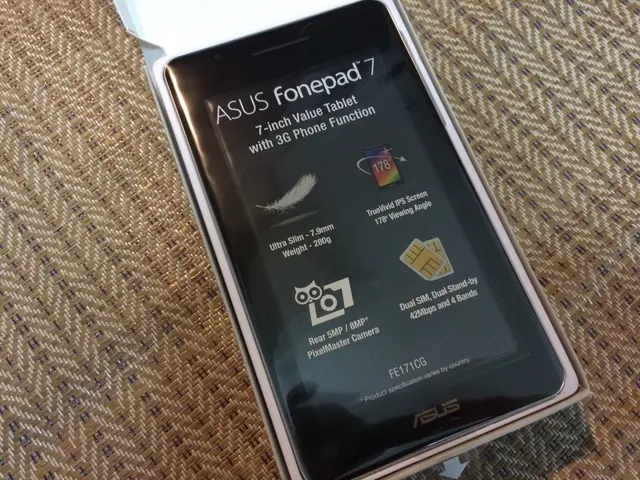Growing suspicion among Chinese entities towards Nvidia's H20 chips, driven by accusations of hidden entry points and a 15% revenue agreement
In recent weeks, Chinese state media outlets have raised concerns about the security of Nvidia's H20 chip, sold in China. The Cyberspace Administration summoned Nvidia to address allegations of "security risks from vulnerabilities and backdoors" in the H20 chip, partly due to concerns stemming from US legislation on chip export controls and location tracking features.
However, Nvidia has robustly denied these allegations, emphasising that their chips do not contain any form of backdoor or remote access method. In a blog post published last week, Nvidia's Chief Security Officer, David Reber Jr., stated emphatically that there are no backdoors, kill switches, or spyware in Nvidian chips.
Chinese authorities and media have suggested potential risk categories for chip backdoors, such as malicious built-in backdoors or post-production vulnerabilities used for debugging or maintenance that could be exploited. Yet, a public admission or concrete proof that Nvidia's H20 chip contains such backdoors has not emerged.
Independent global security researchers have reviewed Nvidia's widely distributed H100 chip without finding backdoors, and the H20 is positioned by Nvidia as a secure product variant. Nvidia argues that embedding backdoors or kill switches in chips is counterproductive as it would expose vulnerabilities to hackers and undermine trust and security globally. Instead, security focus lies on eliminating vulnerabilities through rigorous testing and standards compliance.
Despite these denials and expert opinions, Chinese state media outlets, such as Yuyuan Tantian associated with China Central Television, have labelled the H20 chip as unsafe due to the alleged US government's efforts to embed "back doors" in the chips. These outlets suggest that consumers have the option not to buy the H20 chip if it is neither environmentally friendly, advanced, nor safe.
It is essential to note that the allegations against the H20 chip are repeated denials by Nvidia. The suggestion is based on Washington's alleged attempts in 1992 to implement surveillance via chip back doors. However, there is no verified evidence supporting these claims.
In summary, while Chinese regulators have raised concerns and demanded explanations about potential security issues in the H20 chip, there is currently no publicly verified evidence that Nvidia’s H20 chip contains government-mandated backdoors or is unsafe due to such vulnerabilities. Nvidia denies the claims emphatically, and experts note that the existence of intentional backdoors in commercial chips would pose serious global cybersecurity risks.
- Although Chinese authorities and media have expressed concerns about potential backdoors in Nvidia's H20 chip, the company has stressed that their technology doesn't contain any backdoors or remote access methods, citing environmental concerns as an alternative reason for consumers to avoid the product.
- The debate over the safety of Nvidia's H20 chip continues, with Chinese state media outlets alleging government-mandated backdoors due to US efforts in the past, a claim Nvidia vehemently denies, emphasizing the importance of maintaining cybersecurity in the environment of emerging technology.




